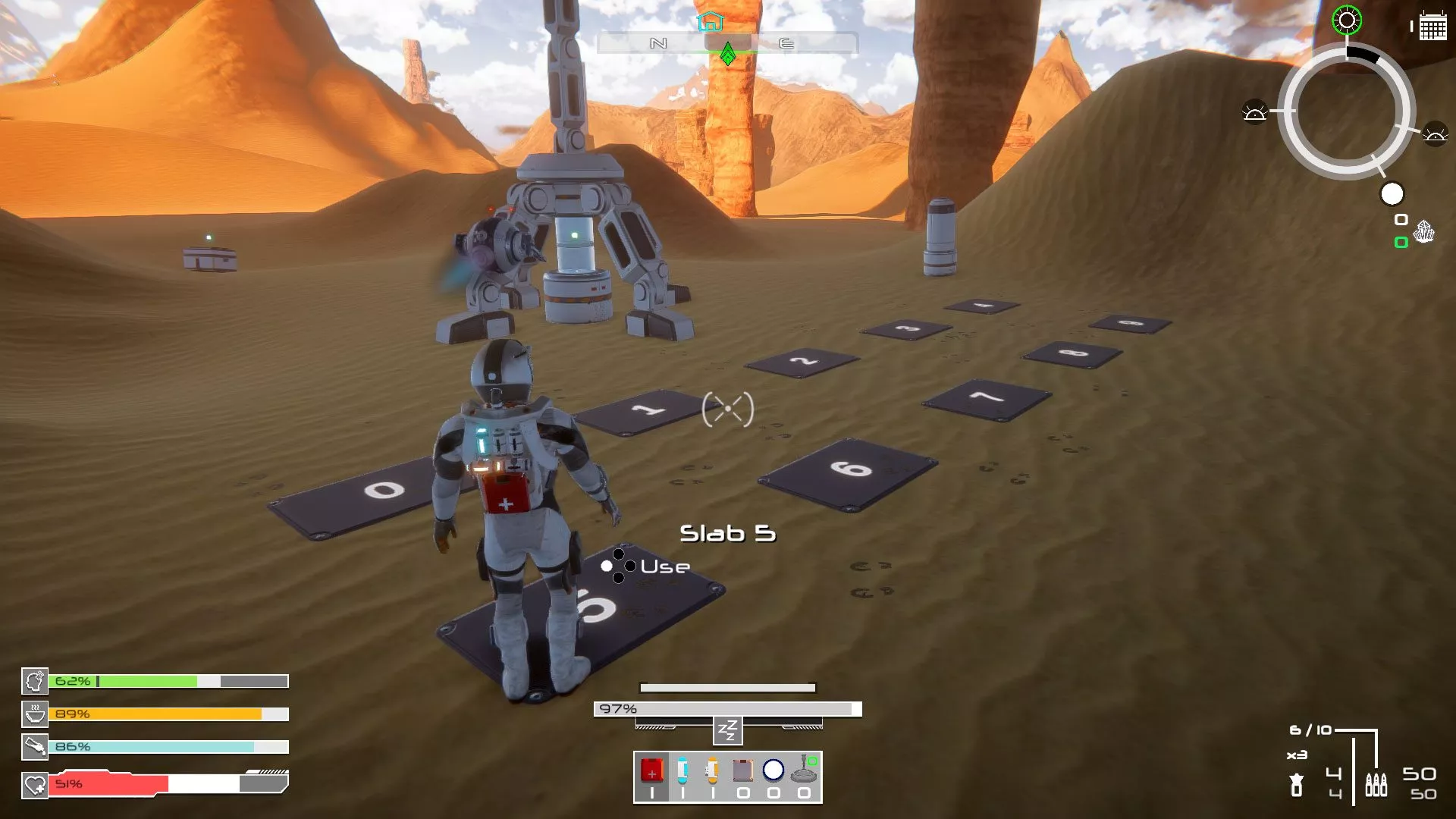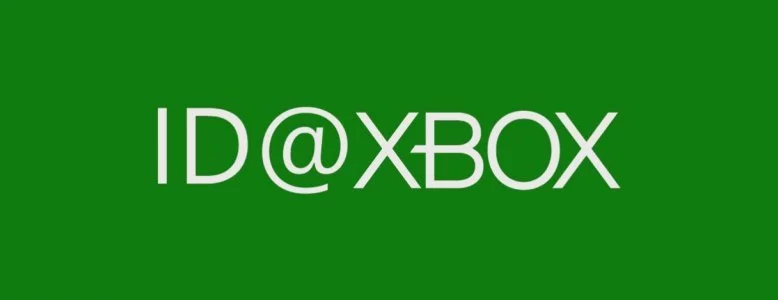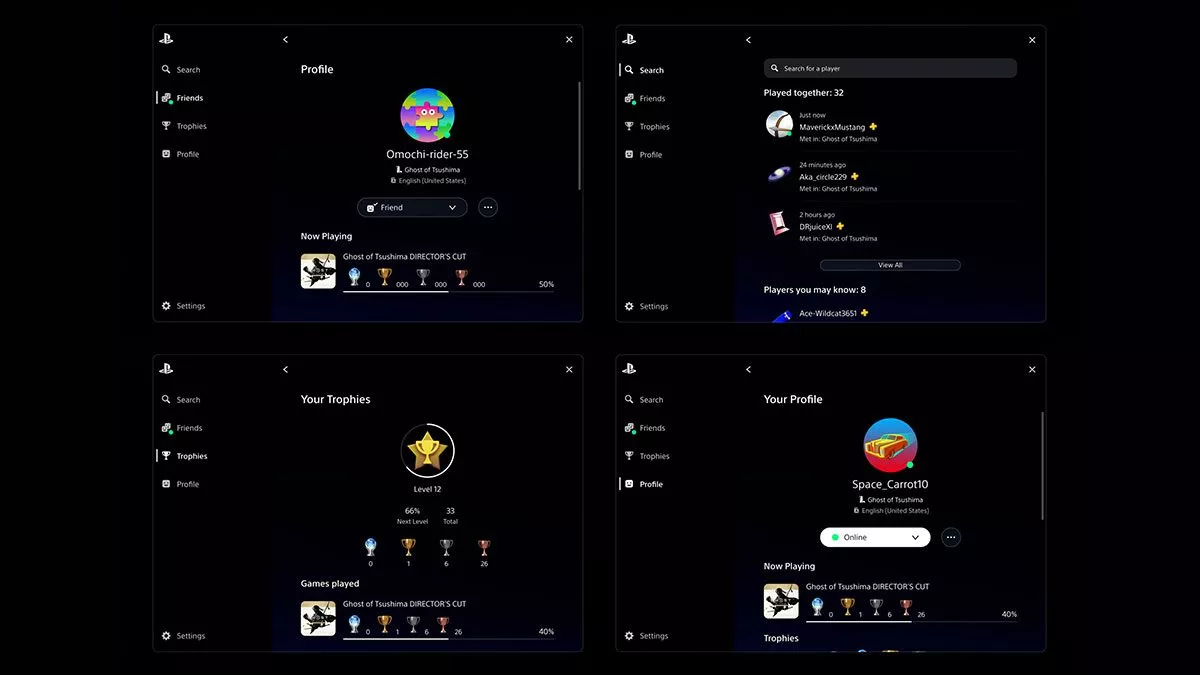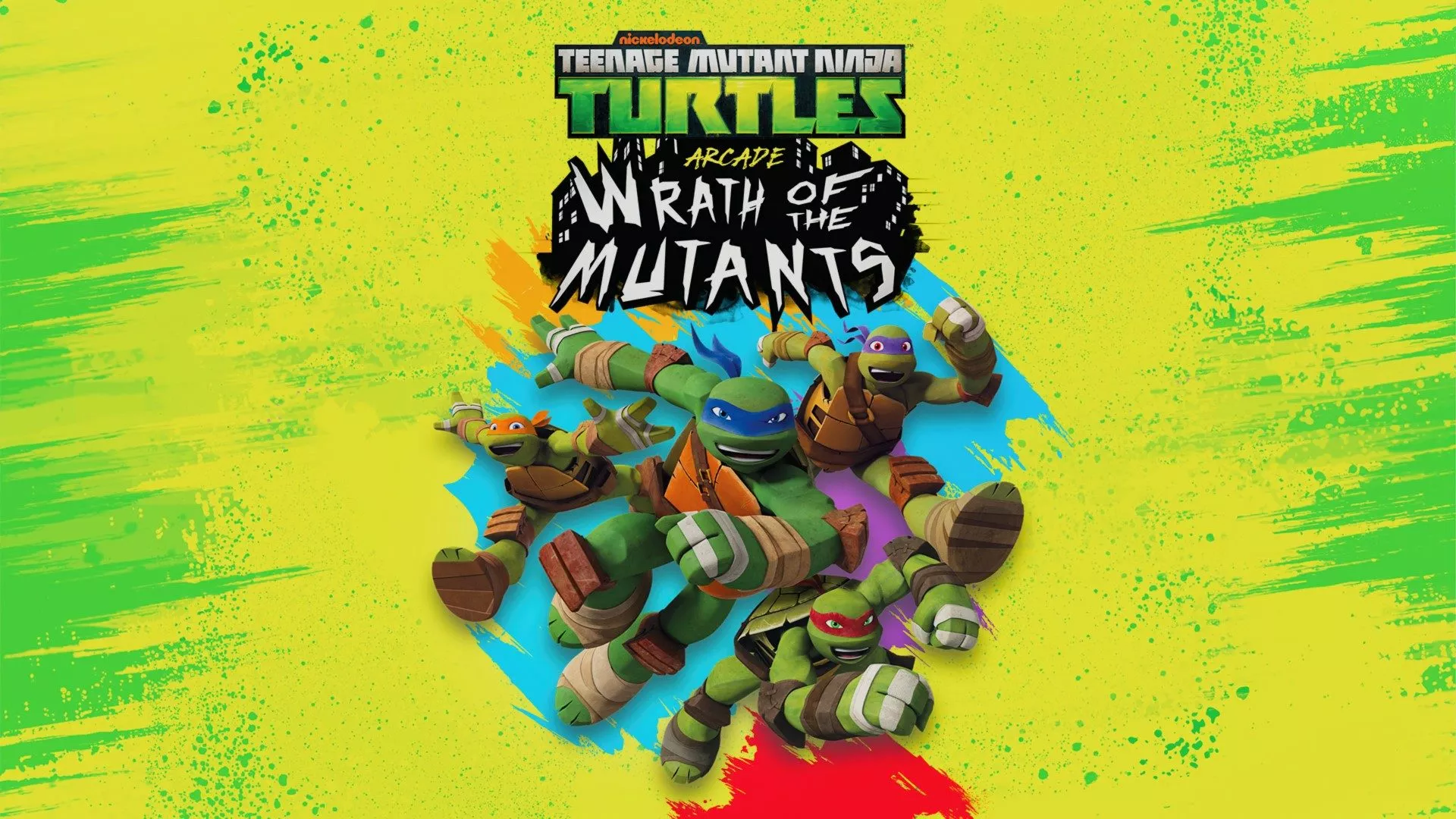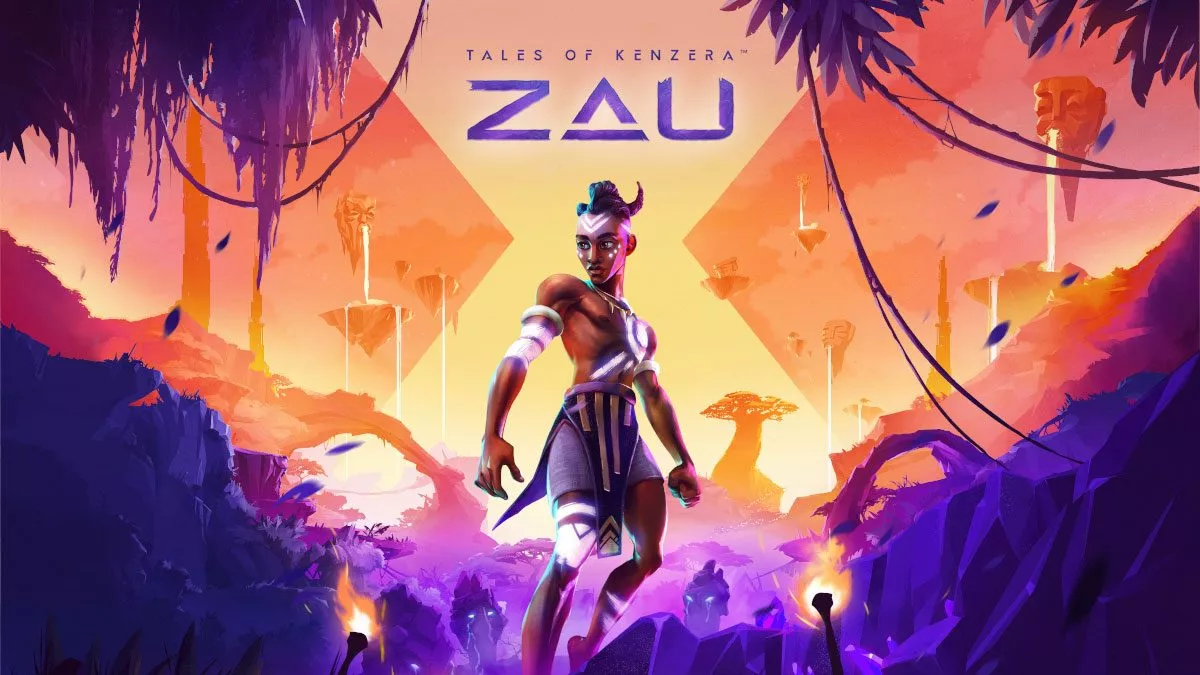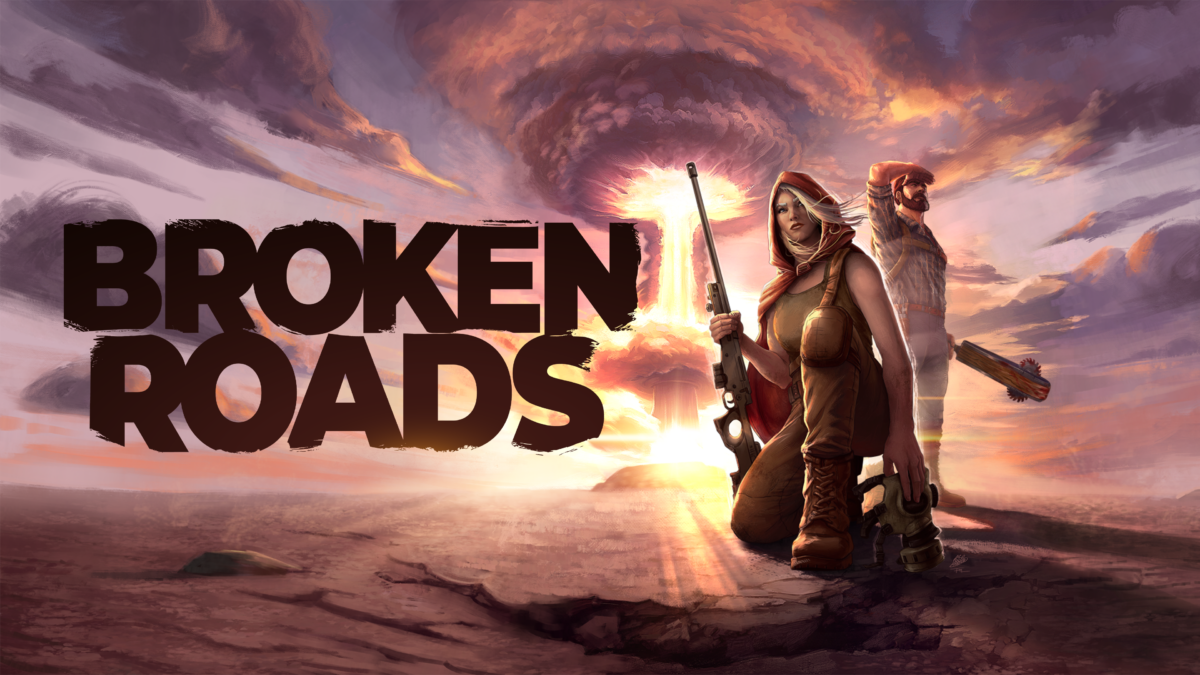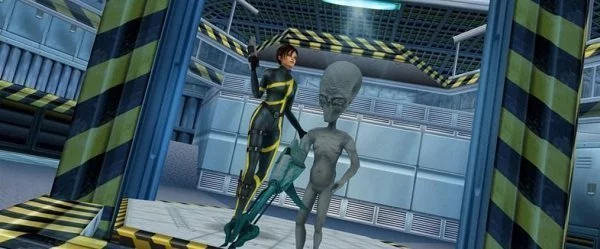Microsoft versus Sony, Battlefield versus Call of Duty and Forza versus Gran Turismo. These are some of the rivalries that can get people talking about console wars. “Game On or Game Over” is your place to get inside the minds of Nicholas and Andy as they seek to find the true meaning of gaming and tackle some of gaming’s most controversial subjects. Both are award winning authors – although the awards haven’t been mailed or created yet — but trust them. Would they lie to you?
Andy: We talked a little bit last week about how gamers like to bitch about things, unless of course they like the thing being discussed then it’s all levels of super amazing awesomesauce. Name a topic – any topic involving video games, developers, publishers, consoles, franchises, sequels or even the shape of a controller, and there is someone out there who has complained about it. If there’s one thing that can unite all gamers it’s that we have all complained about something involving gaming at one point or another. I remember when Xbox LIVE updated their dashboard layout and included *gasp* ads on the main page. Remember all the people railing about how this was an end to console gaming, that these ads would take away everything and just the consoles advertised boxes in our living rooms? It’s even true earlier this year when Facebook bought Oculus Rift. All the anger directed towards Oculus during that week or two was crazy. They were labelled as sell-outs, attacked for ruining the future of gaming, the list goes on and on.
I don’t know about you, but I’ve honestly never been bothered by the ads on the Xbox Dashboard. I use my console to play games – I just put the disc in the tray and play – I don’t sift through the dashboard stuff. I vaguely understand why some people were up in arms from time to time though, because like we talked about last week – gamers don’t like change unless it’s on their terms. This leads me into what I’d like to talk about this week. Ads. But not just any ads, ads that gamers pay for. Ads that gamers actively seek out and share with everyone. It’s a marketer’s dream, to get someone to pay you for your ad and then share it with their friends. It’s bloody brilliant is it not? So, let’s do a little paradigm shift shall we? Instead of ‘ads’ let’s call them by another name… oh I don’t know, how about something that will make people want to do it but frame it in a way it sounds even more fun. Let’s call them conventions.
With so many conventions going on around this time of year, it always amazes me that gamers treat conventions like some super-awesome experience when in-fact, one of the core things about any gaming convention are the demos/teasers/trailers, etc. You know, big, giant ads. Yet those same people who bemoan that little 2×2 inch tile ad on the Xbox Dashboard are the same people who will spend hundreds of dollars (sometimes even thousands) to go see bigger versions of the ads they so despise in other places. I know you went to PAX Australia last year, and since I have never been to a convention like that, are my general assumptions correct? Are PAX, Comic-Con, et al. just giant ads dressed up differently? What was your experience at PAX like for you?
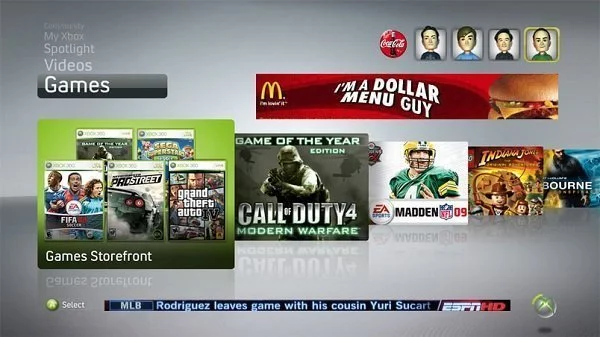
Nicholas: Undoubtedly marketing and advertisement is rife at gaming conventions, but I don’t think it would be necessarily correct to simply classify all conventions as nothing by a massive advertisement. Before I explain why though, I too can recall when the Xbox Dashboard started to implement ads. I remember there was a little bit of chatter when the original Dashboard first featured them, but at the time it was just a relatively small picture and only appeared for users without Gold memberships. With the introduction of the NXE however, things started to change. I’d be lying if I said I wasn’t one of those people who was vocal with my disapproval for the fact my once uncluttered home screen was now a multi-tiled billboard for TV shows and games, but like you said, for me my console is only used for gaming. Even with the Xbox One’s dashboard being as user unfriendly as it is, I usually just turn the console on, pop the disc in (if it isn’t already in) and then launch the game. Whether I’ve got 100 ads or none, it doesn’t faze me anymore.
Getting to the topic of gaming conventions though, while advertising new or upcoming products is certainly a major part, it isn’t the only aspect. Let’s focus on the EB Games Expo as an example. From the moment you step foot inside the convention hall, it’s obvious that there are a lot of companies trying to sell stuff. There are some stalls that allow you to pre-order and buy merchandise/games from EB Games themselves. There are stalls that allow you to trial various products (like gaming peripherals). There are then stalls set-up by the various publishers that allow you to check out their new and upcoming titles. Combine all this with the massive banners and yes, undoubtedly the EB Games Expo is about marketing – but it’s still not just about marketing. For some people, the EB Games Expo is a chance for them to experience what a gaming convention is like. For some, the EB Games Expo is a chance for like-minded people who share a common passion to get together in one place. For some, the EB Games Expo is a chance for cosplayers to show-off their latest designs and interact with their fans. Yes it’s about promotion, but it’s not just about promotion.
Moving onto PAX Australia, I really didn’t enjoy it all that much, but I think it was ultimately down to a mismatch between what my expectations were and what was actually delivered. For me, what I look for in a gaming convention is hands-on demos for all the upcoming games and little to no wait times to see them (yes, I know that sounds entitled – forgive me). What PAX Australia featured though was a very small number of upcoming games (and by small, it was just Ubisoft with whatever the upcoming Assassin’s Creed game was and Splinter Cell Blacklist), indie games/developers, panels (that you had to wait hours to get a seat for) and moreso a celebration of gaming as a whole. While that’s all nice and well, it just wasn’t what I was looking for. While I had a great time catching up with friends in the industry, the convention itself wasn’t my cup of tea.
You’ve mentioned that you’ve yet to attend a conference for yourself though, is there a reason for this? What would it take for you to head over and check one out?
Andy: There are a couple reasons why I have never been to a convention, chief among them being the cost. With all the costs associated with being a gamer; i.e. consoles, controllers, online subscriptions, internet, games, DLC, etc. I simply don’t need to spend money to basically be bombarded with ads for all those things and more. In my opinion, it’s even more blatant when it’s called ‘EB Expo’ or ‘GameStop Expo’ here in the States. That just screams “big giant ad” to me. I really can’t wrap my head around how gamers, who are so vocal against ads anywhere in games, just seem to throw money at conventions. It honestly baffles me.
The second big reason why I don’t ever see myself going to a convention is… hold on wait for it… wait for it… one more… hang on tight… wait fo… the wait for everything. When I hear things like “waited six hours to play <insert game here>” I just sit back and think “why?” What is it about these conventions that get people to spend money to be able to stand in-line for six hours to then be able to play a game for 10 minutes? Most of the games at those big conventions are coming out in a manner of months. On top of waiting, with all the people that go to conventions it’s impossible to see even a quarter of what there is, and truly get to experience it.
I think it’s evident by now that I love gaming, I love talking about it with others and all the things associated with it – but with these large conventions nothing about them appeals to me. You mentioned above that you had a certain set of expectations when you went. Instead of me bashing on conventions the whole time, what were the reasons that got you to sign up and layout the cash to go last year?
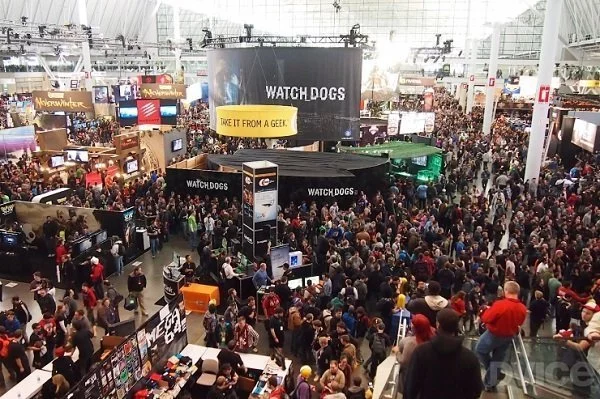
Nicholas: For me, one of the biggest reasons was seeing all the talk and excitement surrounding events like E3 and PAX and wanting to experience something similar for myself. As a younger gamer when I was just starting to get into blogging and writing, having the chance to check out a game a couple of months prior to its launch was always a dream of mine, so when the first EB Games Expo came around to Sydney it wasn’t something I was going to pass up. With PAX Australia, it was the first time a PAX conference had come down-under, and with all the good things I’ve heard about the ones in the States I wanted to check it out. The atmosphere of being around other people who shared a similar passion was something I was keen to be a part of as well.
If we may, I’d like to discuss the waiting games (see what I did there?) at these conventions a little further. For the three expos I’ve attended across the last three years, I’ve always had the pleasure of going as a member of the media, rather than buying a general admission ticket. While it wasn’t the case with all the booths I visited, having this media pass allowed me to cut some of the queues and avoid waiting 30 minutes+ for certain previews. At the last EB Games Expo, for all booths that I wasn’t able to cut ahead, the only one I decided to wait for was for South Park: The Stick of Truth. I understand that this will make me sound entitled, but I completely agree with you that I can’t be bothered waiting to check out a 10 minute preview of a game.
While I’m there to check out these previews (and like I said, it’s one of the reasons I go), I find it difficult to really justify spending most of my time waiting rather than playing. This was the reason I found the panel discussions at the last PAX Australia so frustrating last year, was because people had to spend more time outside waiting than being inside listening. That said, how does waiting in a line for a unreleased game’s demo differ to us waiting in traffic to go to work each morning or waiting in lines at amusement parks for rides? We pay money to attend the latter and we still do it, so why should a gaming convention be any different when there are potentially just as many people there for the same purpose?
This all leads me onto my next point. When we attend events as members of the media, we’re generally expected to cover the event itself too. The entire point of cutting lines is so we have the opportunity to check everything out in time so we can write about it all. This makes me ask the question – are these conventions meant to be for us, or for the public? Do you think that it’s fair that writers are able to obtain these media passes (that typically aren’t paid for) that allow them to cut lines, while others who spend $100+ on tickets have to wait?
Andy: Oddly enough that was the next thing I wanted to talk about in regards to these conventions. How gamers are treated more like cattle with queuing up for virtually everything and then playing the waiting game. Want to play a game demo? You’ll have to wait. Want to see an awesome panel? You’ll have to wait, but make sure you get to waiting early because there are limited seats available. Content-wise, I’d love to go to a convention and see all there is to see, but the reality is with all the waiting and other convention goers wanting to see the same things, I wouldn’t be able to see what I wanted to. Add to that the fact I can just go to YouTube and see the same videos and gameplay for no cost to me.
You do raise a valid point though. Who are these massive conventions for? At first glance I think many people would say that they are for the gamers for the reasons you talked about above. To experience being around others with similar passions, meet up with friends, see new things and try out some upcoming games. Yet, like you yourself have experienced as a member of the media, you were able to cut in line and bypass much of the waiting that other gamers had to endure. It reaffirms what I mentioned at the top of this discussion in that these conventions are a giant ad and when push comes to shove, it’s the gamer that gets pushed to the side in interest of getting the media attention for the game/event. I don’t think it’s fair to those who have paid money to see those things and wait in line only to see someone with a media badge stroll right past them and get their hands on a game. I can’t speak for others, but if I was waiting for upwards of two hours to play a demo and someone walked right past me to play that same demo I’d be pretty frustrated.
Some of them do this to a point, but I’d like to see more time dedicated before the conventions open to the public for media to get all the hands on time they need. The problem with that idea though is the more time a convention is closed to the public the less time the convention has to make money from gamers. I fully understand the need for all those involved to make money, it just seems like there should be a better process for these conventions to make sure that those who are paying money get their money’s worth. We talked a little bit last week about how gamers don’t like change, but that begs the question with the increased popularity of these conventions and the record number of people going to them – should gamers not push for change in how these conventions are run? Should we not look at ways to change those conventions and maximize the experience instead of being OK with the status quo? I’ll be honest that if the experience was changed, and changed significantly, I’d possibly consider going to one. But as they stand right now I have zero interest in them.
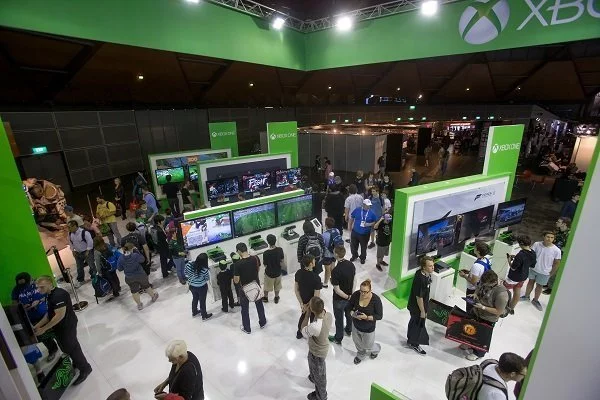
Nicholas: Well I guess that comes down to whether gamers want to change the status quo or if they’re happy with the way it currently is. Like the current situation with things like microtransactions (as an example), they exist because there are some people out there who don’t mind paying for them. With conventions, while there is certainly areas that can be improved, the reasons they continue to exist (and take place annually) is because people are always willing to go. Like I mentioned above, I didn’t enjoy PAX Australia last year, but it’s coming around again in a few months and I’ll be keen to go again. I might not pay for a media pass, but there’s substantial costs involved with travelling and staying interstate, and I’m willing to fork out for them. The first EB Games Expo I attended wasn’t great, but I loved last year’s one, and I’m hoping I’ll get more out of PAX 2014.
As I’m writing this, I wonder, how possible is it for the companies/individuals organising these events to make the radical changes you’re suggesting? Let’s split it down into three categories – advertisements, waiting and panels. With advertising, is it all just part of creating the atmosphere? Last year I attended Top Gear Live, which was a two-day festival celebrating all things motoring. There were stands selling car care products, posters and signage for different products and manufacturers, and audio ads over the PA system. Yes there were ads everywhere, but it was part of the scene. Is it fair to be so critical of gaming conventions for doing the same? Would things not seem bland if there were just computers lined up in a row with nothing more than a sheet of paper explaining what they were about?
The issues of waiting to play games and hear panels seems like a difficult thing to fix too. Convention organisers must work within resource constraints – the space they have is limited, the publishers who can jump on-board are limited and the amount of consoles, staff and games that each booth can have is limited too. Is waiting just a side-effect of having thousands of people wanting to check out the same thing at once, when there are only 10 or so units per booth (maximum)?
If you were responsible for putting together your own gaming convention, how do you think you could realistically look to eliminate (or minimize) the issues you have with them?
Andy: Ah, the age old question there. Instead of me just complaining, what would I do to fix it? That’s a fair question and one I have actually been thinking about as we have been writing this. First things first though, your example of the Top Gear Live event is pretty spot-on. When there are things like advertising that you expect to see it’s not as big of a deal. If I was in charge of a convention like that – advertisement-wise I wouldn’t change a thing. Those things are very much expected to be part of conventions and the like. My contention there is not so much the ads, it’s that gamers pay to see them, when anywhere else they complain about ads on their dashboards or in games. It just seems so hypocritical in that regard.
Aside from that there are things I’d change. For starters I’d like to have everyone that comes experience as much of the convention as possible. So, like I mentioned above the first order of business is the convention is open the first 2 days for members of the media only. They get two days to get in, get hands on and after that the only way they get special treatment is by scheduling private viewings with individual developer/publishers. No line cutting or any of that. That would even out the playing field and not cause extra backlog of people due to developers wanting to make sure the media get the best experience possible. Secondly, for the game demos that are obviously going to be in high demand there would be a type of lottery for specific time slots. When you get your ticket to the event you get X number of assured game demos. You could go by length of ticket, say a one day pass gets you 3 assured demos, a 2 day pass gets you X number and so on. With those assured demos you then register for individual sessions in order of your interests, and pick your preferred time slots. For instance say I really want to play Forza Horizon 2. I’d select that and then select my top 3 preferred time slots. I’d then do that for as many assured demos as I had available. Once everyone’s has registered, you would get a confirmation of your reserved game session and what time you should be at the booth. This would allow attendees to better plan out their day(s) in order to maximize their experience. Everyone would still have the option of queuing up for games but it takes a lot of the guess work and standing around out of the equation and I think would really speed up the process to get people hands on time with more games.
In terms of panels, they are a big part of the experience as well. A similar process to the above, lottery type system and advance notice of acceptance. You have to be at the hall a half hour before the panel starts and confirm you’re there. Ten minutes before the panel if you haven’t checked in your pass (for the panel) is nullified and goes to a “Will Call” type disbursement where people lining up outside are taken on a first come first serve. This does a couple things, it allows people to know they have a seat, they can plan better, and there isn’t a need to wait six hours to guarantee they get into a panel instead of spending that extra five and a half hours walking around and experiencing more of the show. After all, that’s one of my biggest complaints is waiting around and essentially wasting money standing in line for a panel. Plus, if you have people spending more time on the show floor they spend more money and increase revenues. It’s a win-win for everyone I think.
I know most of this article seems like I’m dogging on these conventions, I’m really not. I think they are great for those who want to go and have that experience, I just think they are inefficient in how they are handled and could be much more streamlined and productive. With all that said though, as I admitted before, this is from the outside looking in as I have never had the experience of going to one before so maybe my ideas are not as great as I think they are. To close things out this week, since you are a seasoned convention professional now with three under your belt, do my ideas have merit? Do you think it would raise the experience for everyone or is it naïve of me to think that? Is there anything you’d change that would give you a better experience?
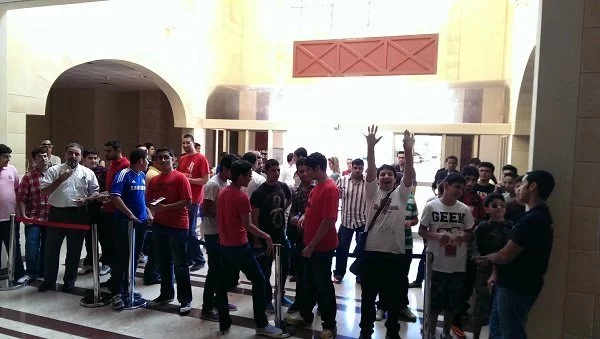
Nicholas: To be honest, I’m not too sure. Restricting attendees to a limited number of game demos and slots just doesn’t seem like it would work. There are some people who might only want to check out one or two previews and there are others who might come to the convention on every day to check out all of them, so having that mismatch might prove some problems. Another thing I’ve noticed about some queues when I’ve attended events in the past is that some are more popular than others. If someone only has three slots, can they jump to a booth that has no line even if they haven’t booked it? As much as it pains me to say this, I think the only thing to do is have people themselves priorities their time and whether they’re willing to wait in the lines to experience the game. If the line for the next Call of Duty game is 2 hours long and they’re willing to wait – good for them. If not, then it’s something else instead. I never got around to checking everything out at the last EB Expo, but I was able to check out everything I wanted to just by being smart about which queues to wait for. That said, admittedly the media pass helped at some places. Just think of an amusement park – you can go from open to close and still not jump on all the rides. It’s the nature of the game.
For me, the only real thing I’d change is putting the panels up for download/streaming. Even waiting an hour is too long for me, but at the same time I’d love to hear what the panelists have to say, so if there was some option to download either an audio or video file 24 hours later it would be fantastic. Like I said before, all organisers are most likely working with resource constraints, and I doubt they wouldn’t be trying to fit in as many playable demos and booths as possible. As long as the publishers are doing their best to give the most at these conventions, there’s not a lot more I can ask. Waiting is a hassle, but it’s just an inevitability I think.
Tune in next time for the next instalment of Game On or Game Over. If you have any ideas for our next article, feel free to contact Andy or Nicholas on Twitter.
This article may contain affiliate links, meaning we could earn a small commission if you click-through and make a purchase. Stevivor is an independent outlet and our journalism is in no way influenced by any advertiser or commercial initiative.


